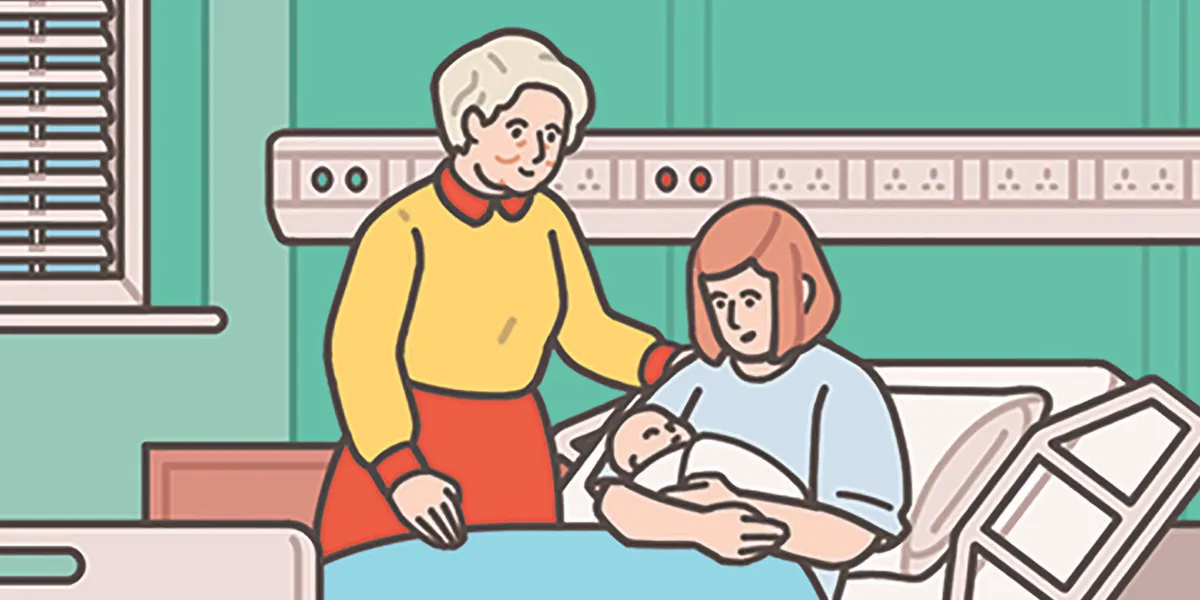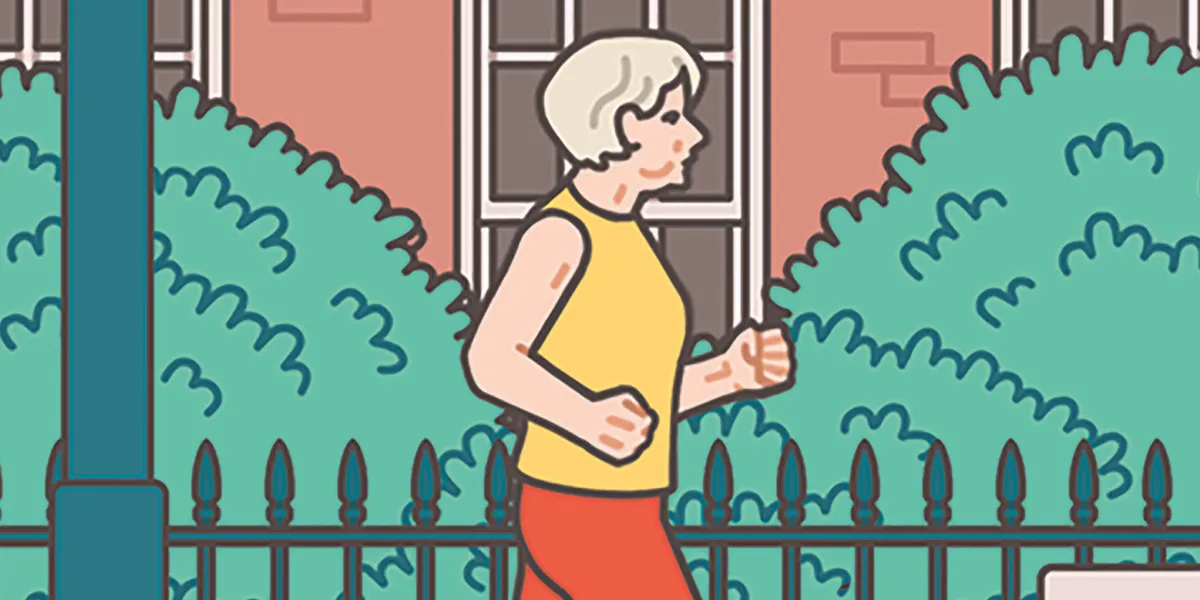1. Be born later

Life expectancy figures normally assume mortality rates will stay the same, but medical and safety improvements are constantly reducing them. A new Danish model that takes this into account found that children born in the developed world today have a 50 per cent chance of reaching 100.
2. Be female

Women live longer than men, and not just because they tend not to fight wars. Japanese researchers created mice without a father by combining two female genomes. Their lifespan was extended by 30 per cent. Men may be engineered for size and strength at the expense of durability.
3. Take Vitamin D

In the UK, the sun is only bright enough to make vitamin D in our skin between April and September. Vitamin D has been shown to help proteins in your cells keep the correct 3D shape. Misfolded proteins are associated with ageing diseases such as Alzheimer’s and Parkinson’s.
4. Stay active

Daily exercise slows the gradual loss of heart muscle and bone density as we age, and reduces the risk of falls. Once you can no longer walk 400m (0.25 miles) in five minutes, your chance of dying in the next three years rises by 30 per cent.
Subscribe to BBC Focus magazine for fascinating new Q&As every month and follow @sciencefocusQA on Twitter for your daily dose of fun science facts.
